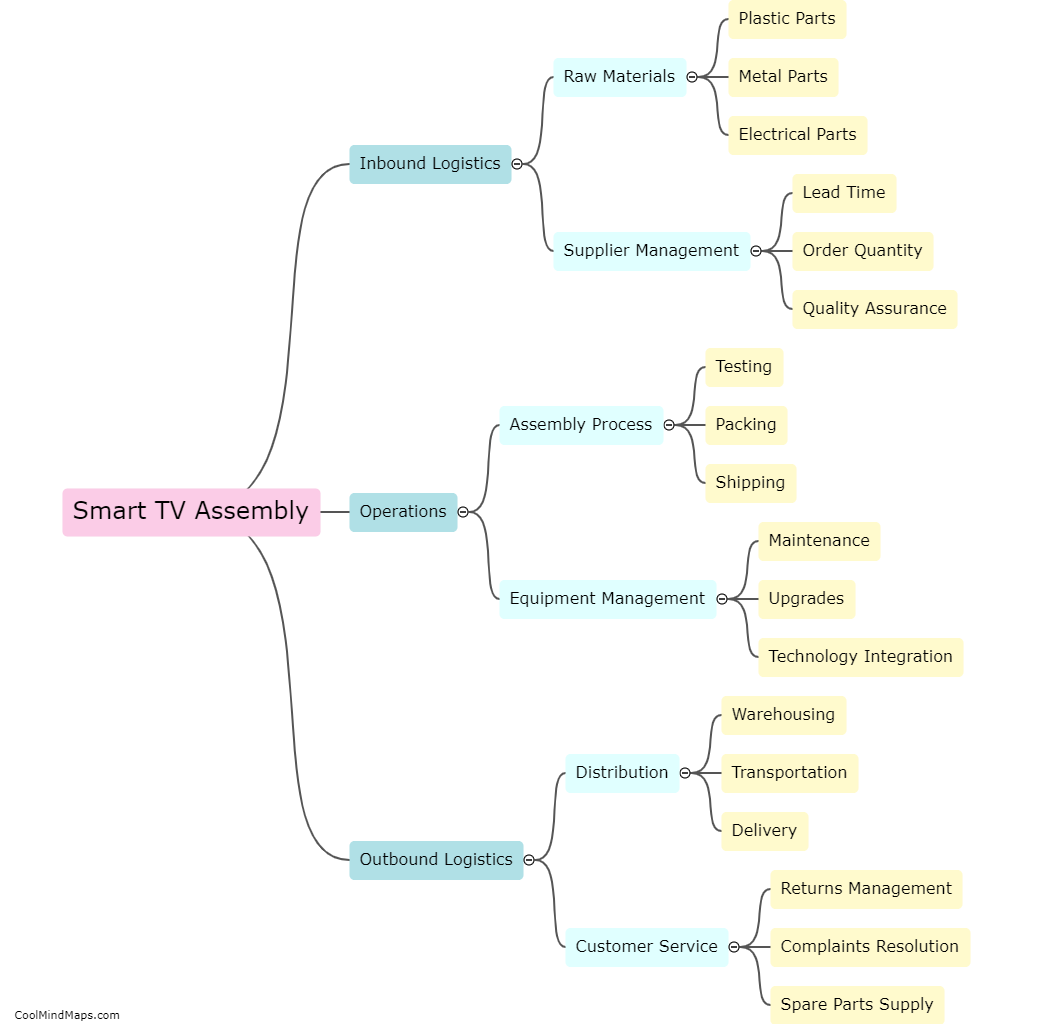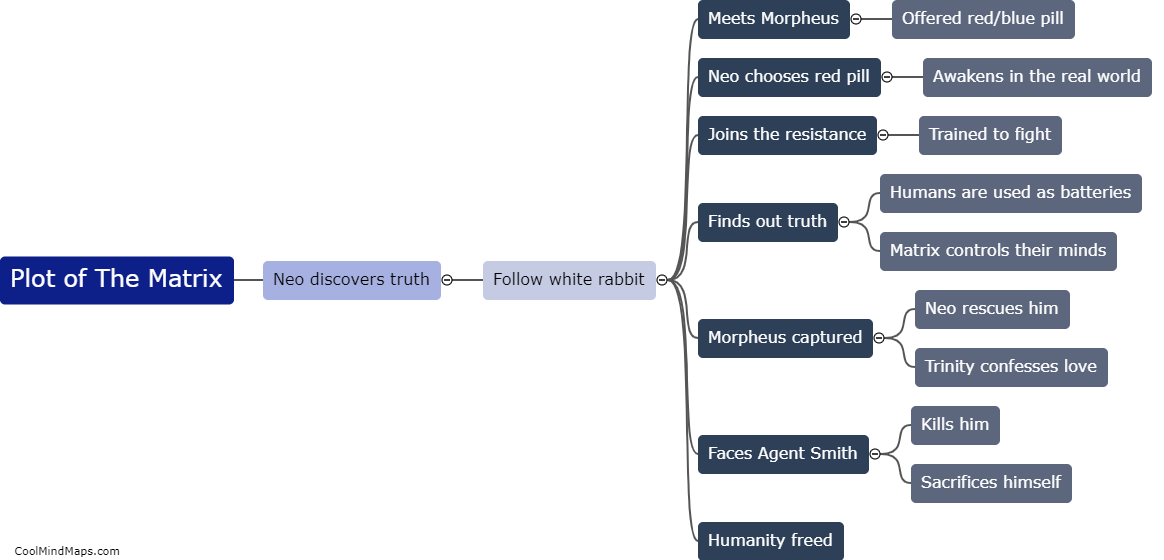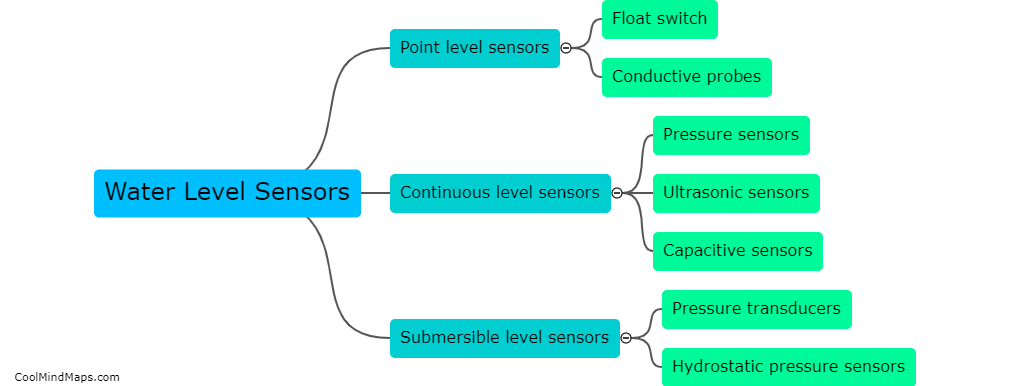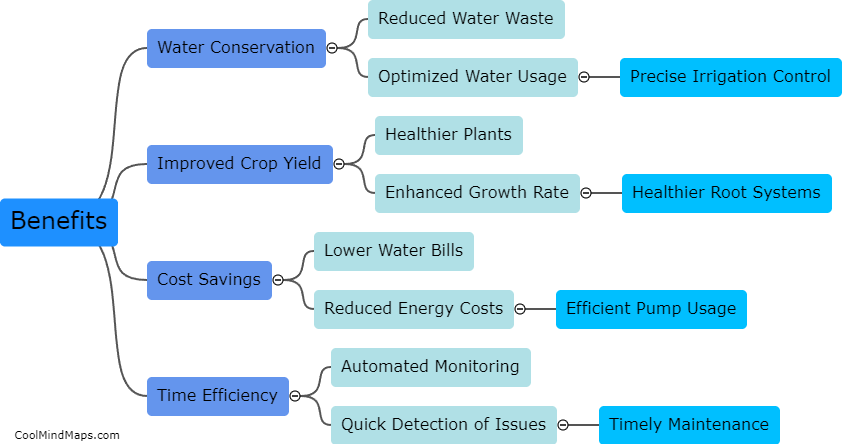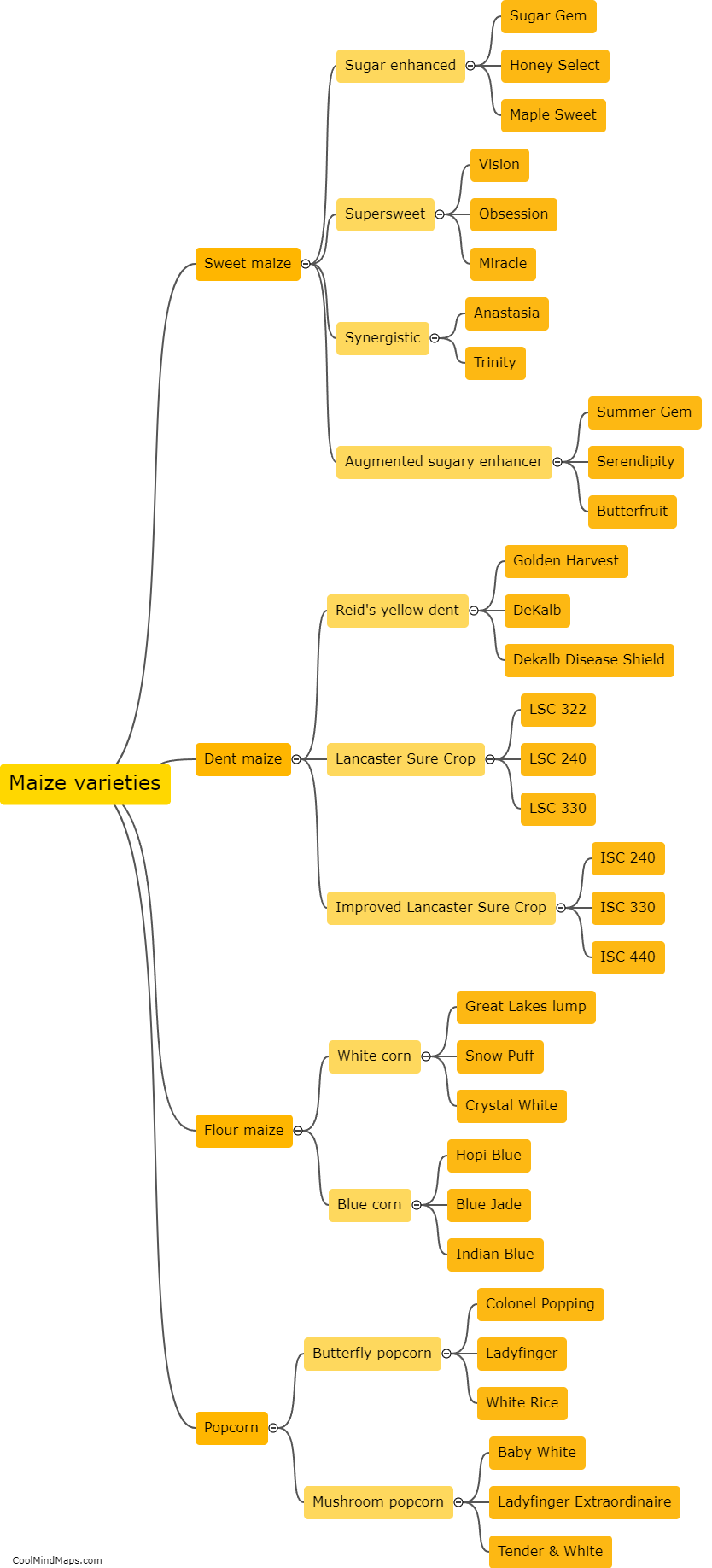How can the data from water level sensors optimize water usage in irrigation?
Water level sensors can play a crucial role in optimizing water usage in irrigation systems. These sensors provide real-time data on the water levels in reservoirs, tanks, or even in the soil. By continuously monitoring the water levels, farmers and irrigation managers can make informed decisions about when, where, and how much water to supply to their crops. This data allows for precise and efficient irrigation scheduling, ensuring that plants receive the right amount of water at the right time, minimizing water waste and maximizing crop productivity. Additionally, data from water level sensors can help identify leaks or losses in the irrigation system, enabling prompt repairs and further water conservation. Overall, the integration of water level sensors can have a significant impact on water management in agriculture, helping to optimize water usage and preserve this vital resource.

This mind map was published on 3 September 2023 and has been viewed 147 times.
